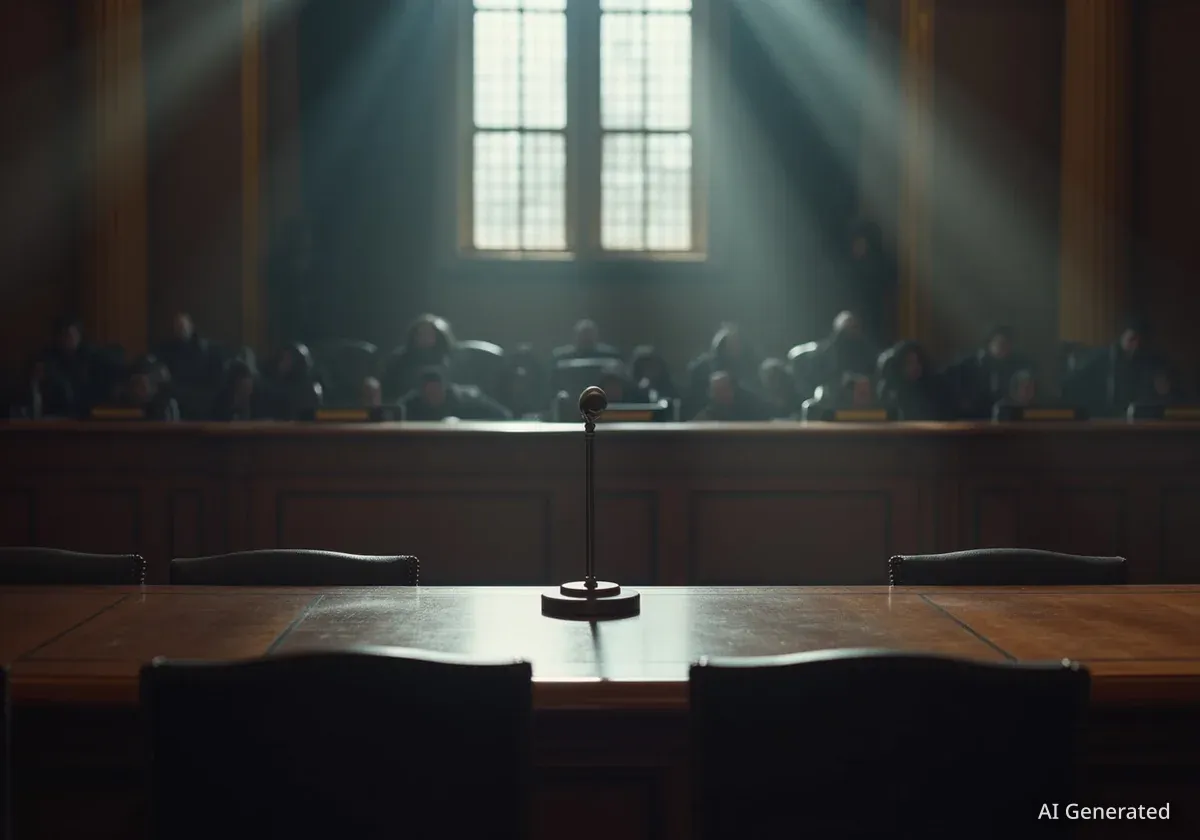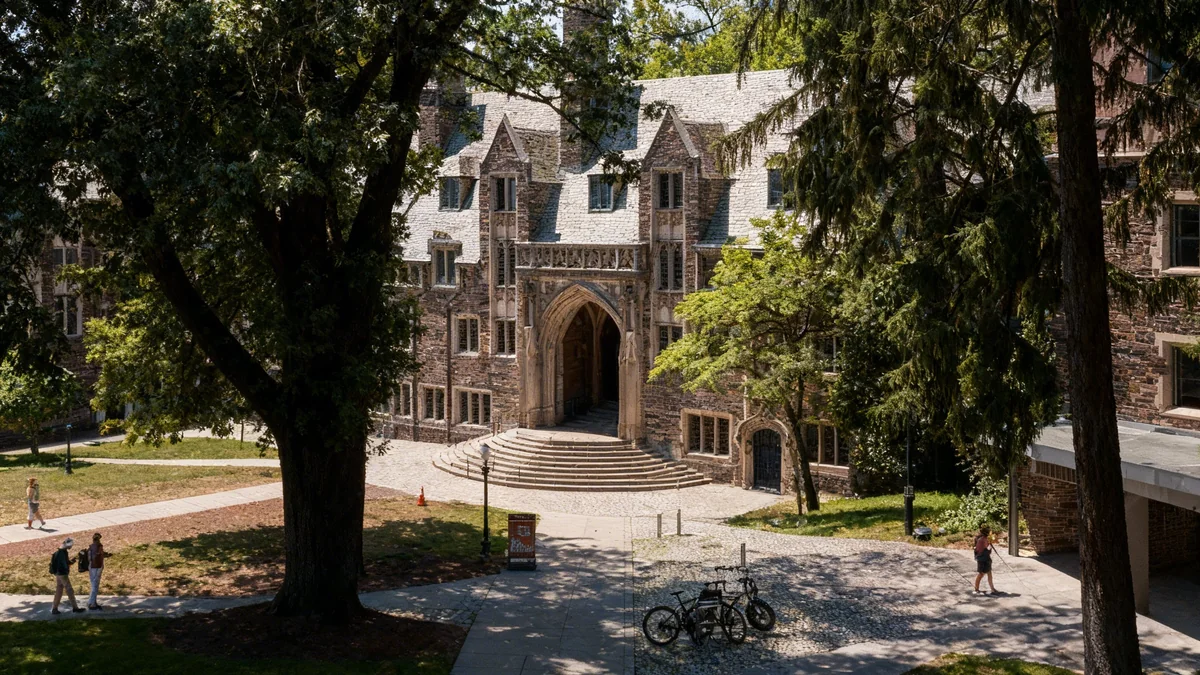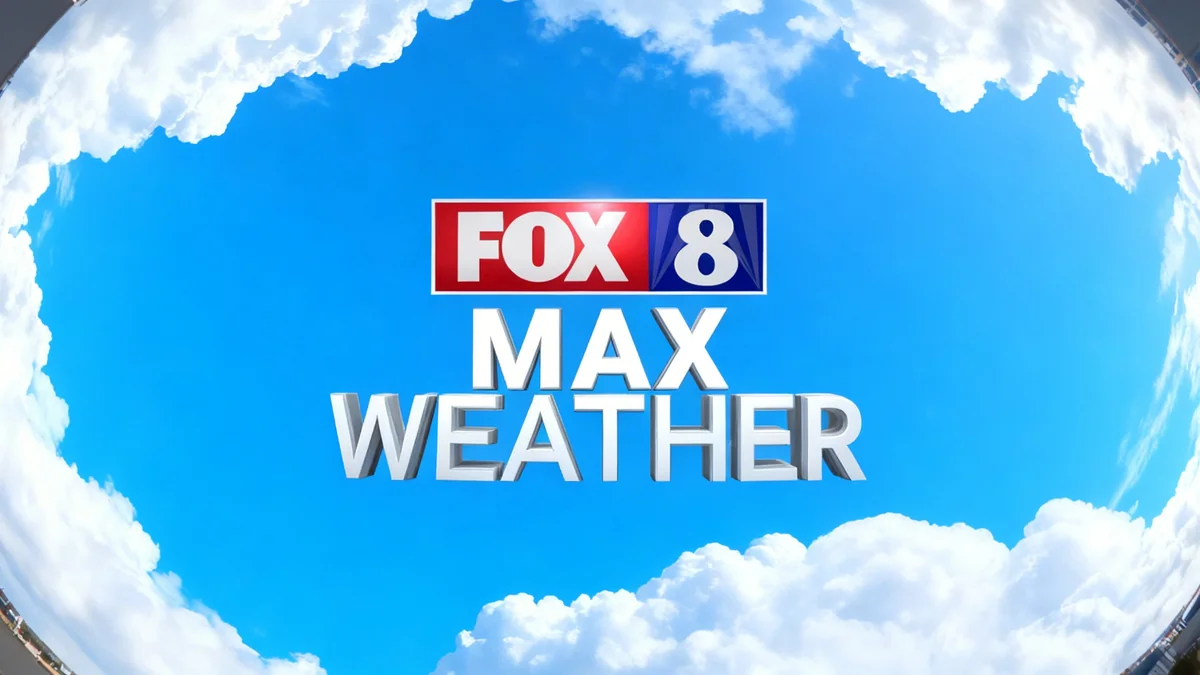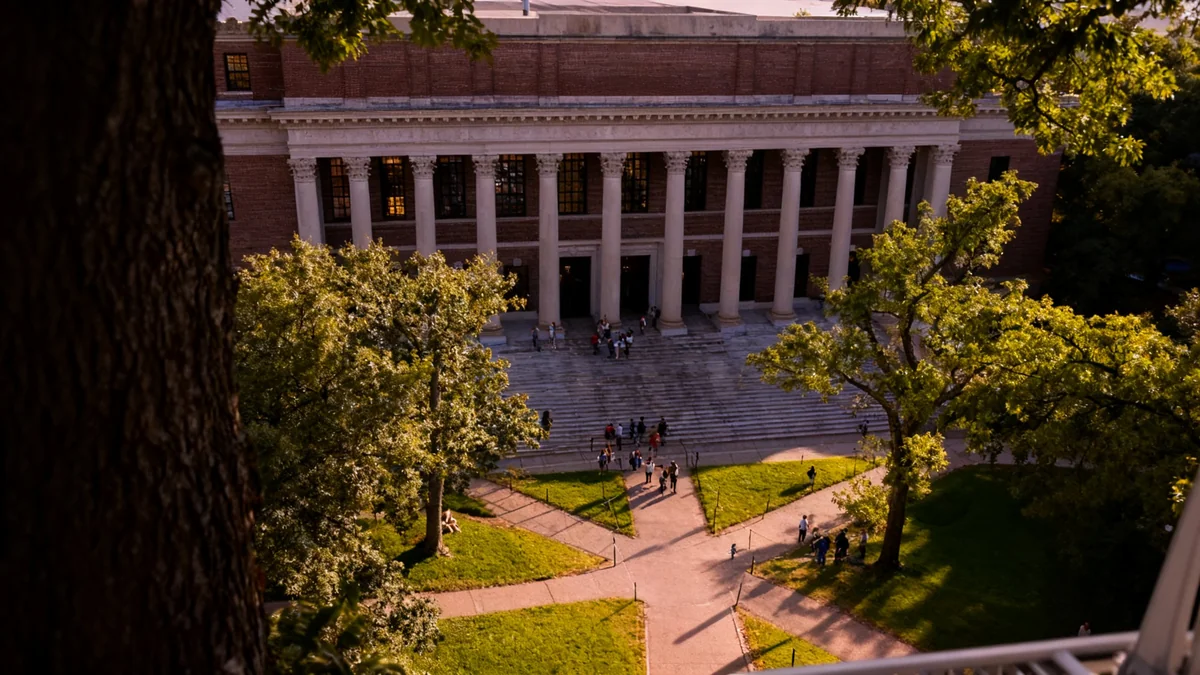A Republican-led House committee has formally accused the president of George Mason University of providing false testimony during a hearing last September. The accusation centers on statements made regarding the university's diversity, equity, and inclusion (DEI) policies, which have been a subject of scrutiny.
The committee alleges that President Gregory Washington was not truthful when questioned about the nature and implementation of these programs. This development escalates an ongoing political debate over the role of such policies in higher education and raises significant questions about accountability and transparency in university governance.
Key Takeaways
- A House committee has accused George Mason University President Gregory Washington of lying under oath.
- The testimony in question, from a September hearing, concerned the university's diversity, equity, and inclusion (DEI) policies.
- The dispute highlights the intense national debate surrounding DEI initiatives in public universities and their intersection with federal oversight.
- The committee's allegations could lead to further investigation or potential penalties, placing the university's leadership under significant pressure.
The Core of the Allegation
The controversy stems from a congressional hearing held in September where university leaders were questioned about campus policies. President Gregory Washington testified about George Mason University's approach to fostering a diverse and inclusive environment. According to the committee's recent statement, his testimony is now being challenged as dishonest.
Members of the Republican-led panel claim that Washington's descriptions of the university's DEI initiatives do not align with internal documents and practices. The committee suggests his testimony may have downplayed the extent to which these policies influence hiring, promotion, and curriculum decisions.
While the full report from the committee has not been made public, sources familiar with the proceedings indicate the discrepancy focuses on specific programs that critics argue amount to discriminatory practices. The committee's letter to the university calls for clarification and threatens further action if a satisfactory response is not provided.
Background of the Scrutiny
The investigation into George Mason University's policies is part of a broader national trend. For several years, diversity programs at universities have faced criticism, particularly from conservative lawmakers and activists who argue they can lead to reverse discrimination and prioritize ideology over merit.
These concerns gained momentum during the Trump administration, which took steps to challenge policies it viewed as promoting racial or gender-based preferences. The current House committee's inquiry appears to be a continuation of that effort, targeting public universities that receive federal funding.
What Are DEI Policies?
Diversity, Equity, and Inclusion (DEI) policies are institutional frameworks designed to promote the fair treatment and full participation of all people, especially groups who have been historically underrepresented or subject to discrimination. In a university setting, this can include initiatives related to admissions, faculty hiring, curriculum development, student support services, and creating an inclusive campus climate.
Critics often argue that these policies can compel speech, create ideological litmus tests for faculty, and result in hiring practices that are not strictly merit-based. Supporters, however, maintain that DEI initiatives are essential for correcting systemic inequalities and ensuring that educational institutions reflect the diversity of the broader population.
The September Testimony in Question
During the September hearing, President Washington was asked directly about the implementation of DEI criteria in faculty recruitment and tenure processes. He reportedly assured the committee that while the university is committed to diversity, all hiring and academic decisions are based on individual qualifications and merit.
The committee now alleges this statement was misleading. They point to internal university guidelines that, they claim, require candidates to submit statements on their commitment to diversity. The panel argues that these statements are used as a screening tool, effectively filtering out applicants who do not subscribe to a specific ideological viewpoint.
A Growing Point of Contention
According to the American Association of University Professors, nearly one-fifth of faculty job postings in a recent study required applicants to submit a "diversity statement." The use of these statements has become a central issue in the debate over academic freedom and hiring practices.
The accusation of lying to Congress is a serious one, carrying potential legal and professional consequences. A finding of perjury could result in criminal charges, though such outcomes are rare in political disputes. More likely, the accusation will fuel political pressure on the university and its leadership.
University's Position and Next Steps
George Mason University has not yet issued a detailed public response to the committee's accusation. A brief statement from a university spokesperson confirmed receipt of the committee's letter and stated that the administration is reviewing the claims and will cooperate with the inquiry.
The university is now in a difficult position. It must defend its president and its institutional policies while navigating a politically charged investigation. The administration will likely need to provide the committee with extensive documentation related to its DEI programs, hiring records, and internal communications.
"Public universities are increasingly caught in the crossfire of national political debates. This situation at George Mason is a clear example of how campus policies are being scrutinized under a political lens, moving beyond typical educational oversight."
The outcome of this conflict could have far-reaching implications. If the committee's allegations are substantiated, it could lead to calls for leadership changes at the university, a reduction in federal funding, or mandated changes to its diversity policies. It also sets a precedent for how Congress may interact with public universities on sensitive policy matters in the future.
For now, the academic community and policymakers are watching closely to see how President Washington and George Mason University will respond to the serious charge of misleading a congressional committee. The next steps will likely involve a formal response from the university, followed by potential further hearings or investigative actions by the House panel.





